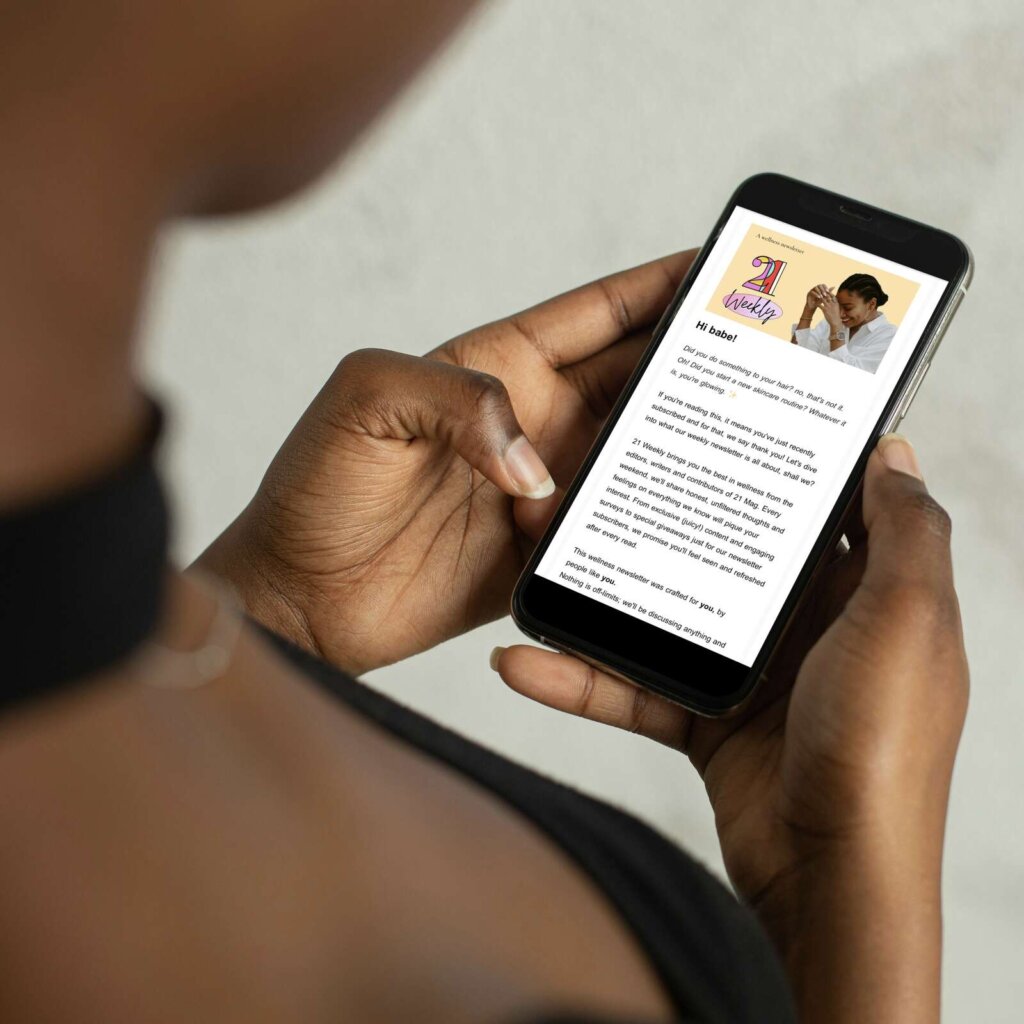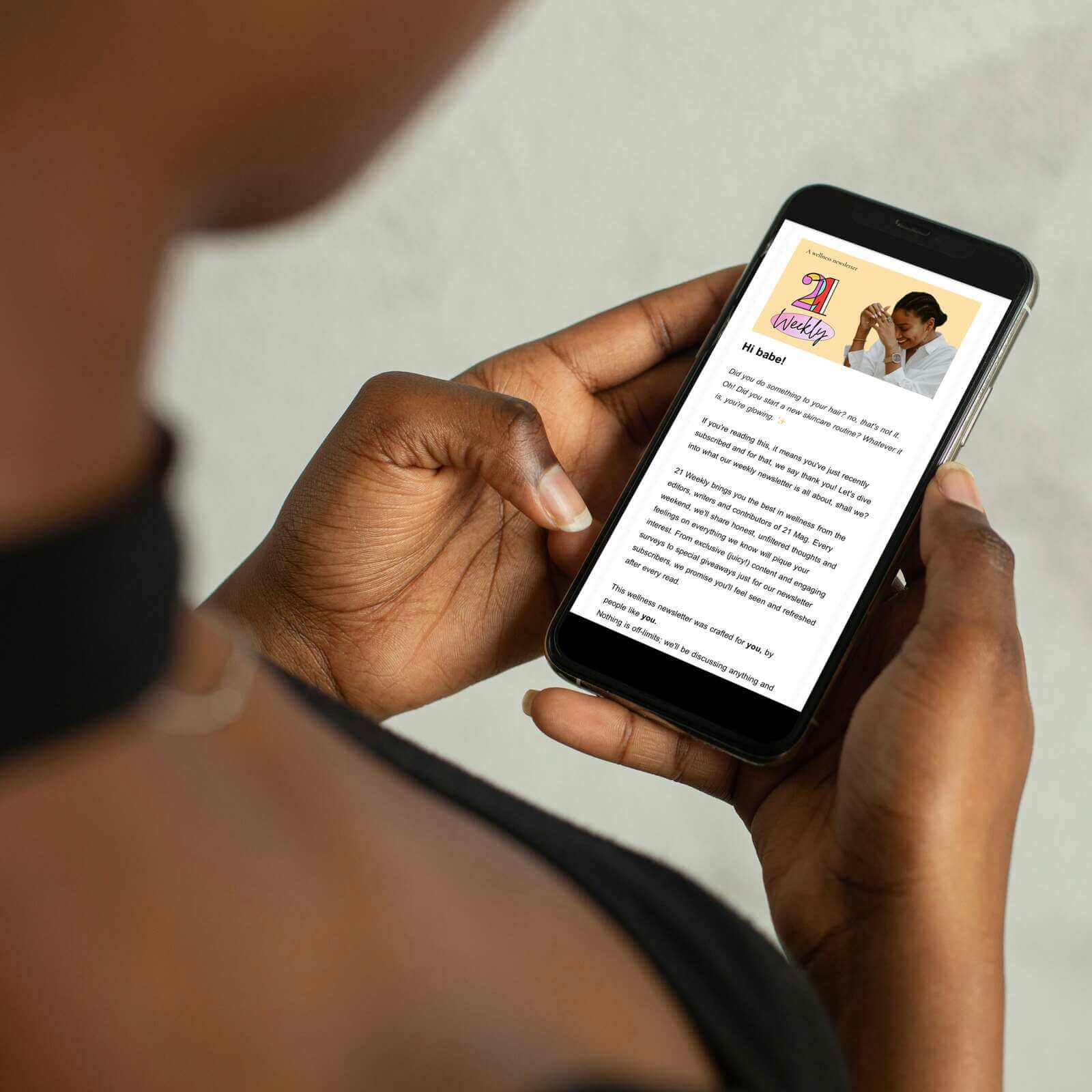No products in the cart.
A Nigerians Guide To Dealing With Anxiety: Overcoming Imposter Syndrome
Have you ever had anxiety at your job out of fear that your boss will suddenly realize that he/she made a mistake hiring you? Have you gotten all dressed up to go out, only to dress yourself down because you did not believe you deserved to, or perhaps you even got scared in a relationship that your partner would wake up and see you as a fraud?
If you can relate to any of the above scenarios either now or in the past, then you were/are most likely dealing with the infamous Imposter Syndrome. Let us back track a bit. Imposter Syndrome is described as feelings of inadequacy and self-doubt that persist despite evident success. Although it is not considered a mental disorder, I have noticed it can lead to mental health illnesses like anxiety and depression. The term ‘imposter syndrome’ though quite popular is hardly ever identified as something a lot of people suffer from, which is very untrue.
Imposter Syndrome is usually associated with those in the working class, most especially women who often attribute their success to luck rather than accomplishment. However, it is no respecter of persons. It does not matter whether you are a student, an employee or a person in a relationship. Imposter syndrome if not nipped in the bud can creep in and take root in our lives without notice.
Usually, what triggers imposter syndrome involves a new opportunity or success. It begins with an accomplishment like a new job or a milestone. The person who achieves this new level of success begins to have doubts and negative thoughts that their success was not really earned.
An example is; let’s say you’re interviewing for a new job, all of a sudden you begin to tell yourself – convince yourself – that you’re not really qualified and that all the experiences and wins on your CV are scams, and you will begin to feel worried that your interviewer will somehow realize that you’re a scam as well.
Imposter syndrome contributes to continued self monitoring and self doubt. It can negatively impact your career and your relationships with other people because you will constantly find yourself thinking that you are not worthy or capable, despite being competent.
It was not until last week that I was able to identify this familiar feeling of inadequacy as imposter syndrome, especially when I am in a good place and moving forward. Like a lot of us, I was familiar with the term but always saw it as something distant. As I connected the dots, it dawned on me that this is something I had been dealing with in my academics, in friendships, in relationships and now that I have my first official job. Unknown to me at the time, it had been largely responsible for the anxiety and depression I had associated with other things.
I remember times when I would get dressed up, feel really cute, look in the mirror and literally start dressing down because I did not feel worthy of looking nice or times where I would turn down opportunities because I would think to myself “who am I to go for that?”
The moment you allow imposter syndrome hold you back from achieving your dreams, it becomes self-sabotage. In my case, it had begun to fester unnoticed until it filled me with so much self-doubt and insecurity that I found staying at the bottom of the ladder more satisfactory than climbing to the top. I thought the cure for this syndrome would be to become my ‘dream self’. Itseju 3.0 as I would call her. Someone I believed to be competent and worthy of achieving her goals fearlessly. All this mindset did for me was feed into my present feeling of inadequacy and leave me year after year with the same resolution.
I want to dispel that myth and belief system that suddenly becoming a version of yourself or “glowing up” will automatically cure your current feeling of inadequacy, depression, and anxiety. I used to spend most of my time living in my dreams rather than living my life. I believed that once I became this goddess who is loved by all and bold with limitless potential, then I could move forward and seize opportunities disregarding the fact that I am already all those things and more just the way I am, and so are you!
We all have dreams that we put off; like applying for that dream job or promotion, starting that YouTube channel or business because we have allowed imposter syndrome sow seeds of doubts into our heads and ideas. Remember; it is who you are right now and the decisions you make in this moment that determine and shape the future you in your ‘dream self’. It is important to take an inventory of ways we allow doubt and fear hold us back because where chronic self-doubt is present, imposter syndrome is usually not far behind. The only way to stop feeling like an imposter is to stop thinking and allowing yourself feel like one.
Enough of my motivational speech. If you are dealing with imposter syndrome, remember that:
- It is okay to reach out for help, whether it is in the workplace or with your family and friends. There is no shame in asking for help.
- It is okay to not have it all figured out. You get better over time not overnight, so do not be too hard on yourself.
- It is normal to have doubts, but you should never allow them control or cripple you from going after what you want.
There is no linear way to overcoming imposter syndrome, as it manifests and affects everyone in different ways. Nevertheless it is important to separate facts from feelings, be open to criticism, develop a positive mindset and sometimes fake it till you make it. If you feel it has gone beyond your control do not be afraid to search for therapy options especially if it is within your means. We owe it to ourselves to be the best version of ourselves each day.
Like this article? Sign up to our newsletter to get more articles like this delivered straight to your inbox.
















Women are at higher risk of being affected by imposter syndrome. I love the advice fake it till you make it. Gradually we can become who we want to be by accepting micro-changes. Accept the situation and constantly remind yourself : “Hey look! I’m doing it!”
This is so key! Taking it step by step. Love this so much💗